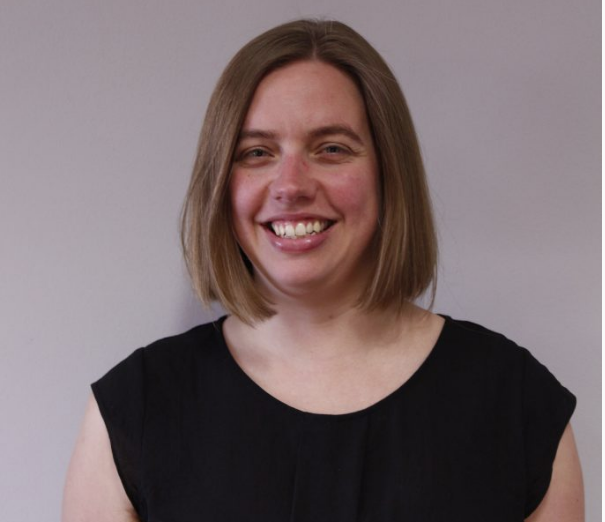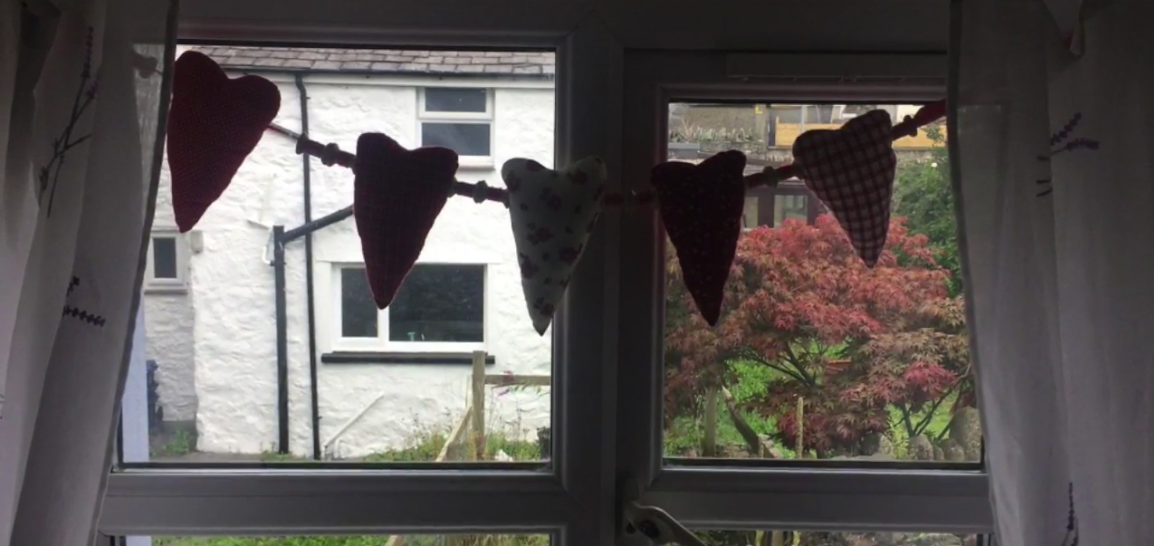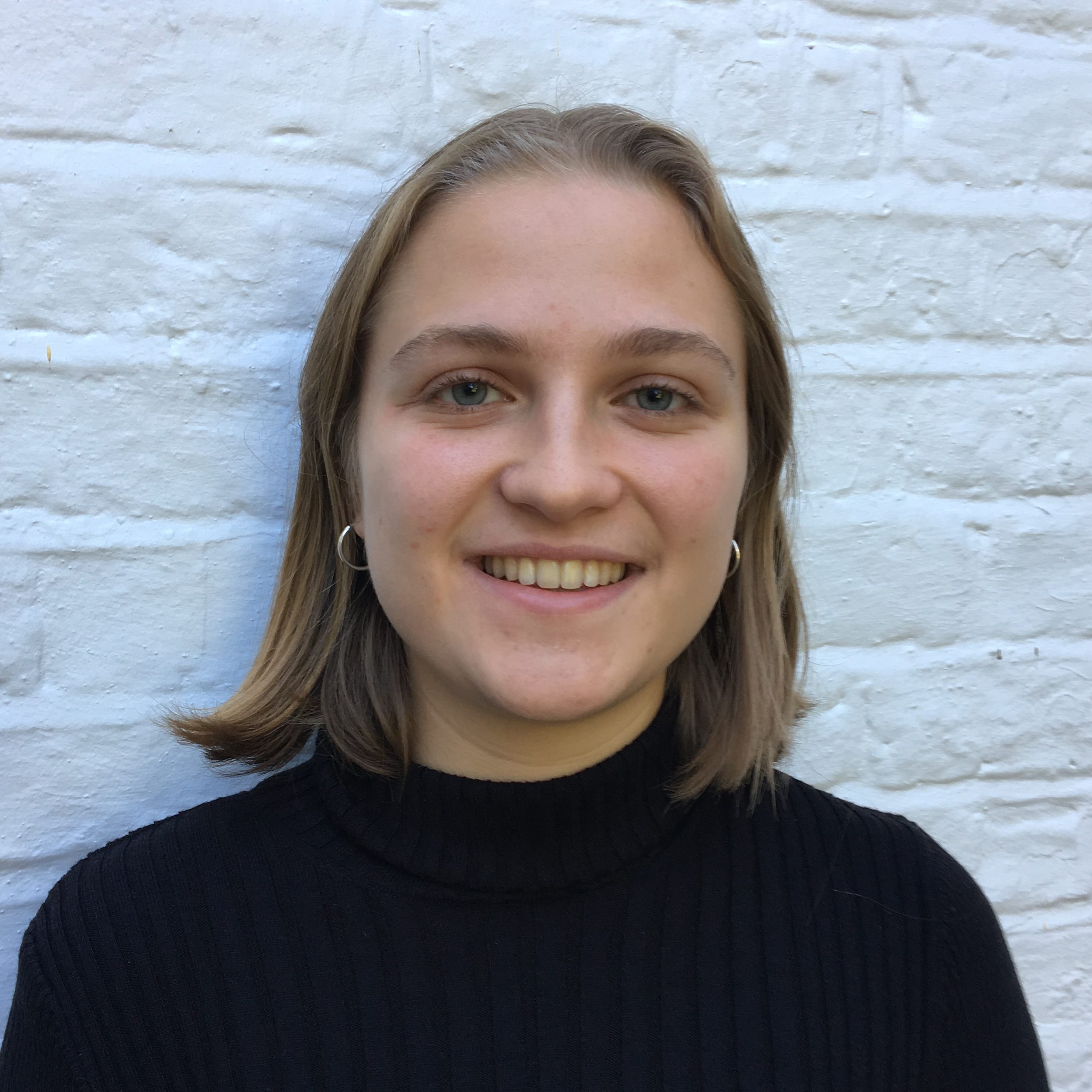The first of the organisations featured in our short film on Welsh women to mark the 100 year anniversary of women’s suffrage in the UK is Welsh Women’s Aid.
They are a national charity in Wales who work to end domestic abuse and all forms of violence against women. They are constantly working to change attitudes and dispel myths about violence against women, with the long term aim of building a Wales that is free from abuse and fear.
We wanted to delve into their new project 40 voices, 40 years for which Welsh Women’s Aid are working in collaboration with the George Ewart Evans Centre for Storytelling at the University of South Wales in order to capture and promote previously hidden female voices. The idea behind it is to provide accessible ways for people to learn about the heritage of women in Wales and the violence many of them face.
According to Gwendolyn Sterk, Policy and Public Affairs Manager of Welsh Women’s Aid, violence against women remains a huge problem. “It’s experienced by one in three women in Wales, and unlike other violent crime, levels of violence against women – particularly domestic abuse – are increasing.”
What do Welsh Women’s Aid do?

Image via. Welsh Women’s Aid
According to Gwendolyn Sterk, Policy and Public Affairs Manager of Welsh Women’s Aid, violence against women remains a huge problem. “It’s experienced by one in three women in Wales, and unlike other violent crime, levels of violence against women – particularly domestic abuse – are increasing.”
The project was originally conceived of as a response to the lack of a female narrative in much of history. Sterk explains how Welsh Women’s Aid wanted to ensure that “this proud and rich heritage can be accessed and understood by a wide range of people across Wales” in order to encourage community-based conversations
Taking a number of different forms, they are shedding light on the actions of individuals and reflecting on key historical moments related to the women’s movement.
Digital stories will form a large part of the project, as memories from activists, survivors and refuge workers will be shared, alongside archived oral histories and a final event and exhibition of physical documents and artefacts which demonstrate the journey of the movement and the activists and organisations involved. The narrative style of the project is intended to provide listeners with the opportunity to truly connect with the reality of violence and abuse for those affected by it.
Sounds good, can I watch?
Have a listen to Anne Williams’ 40 years, 40 voices story below.







